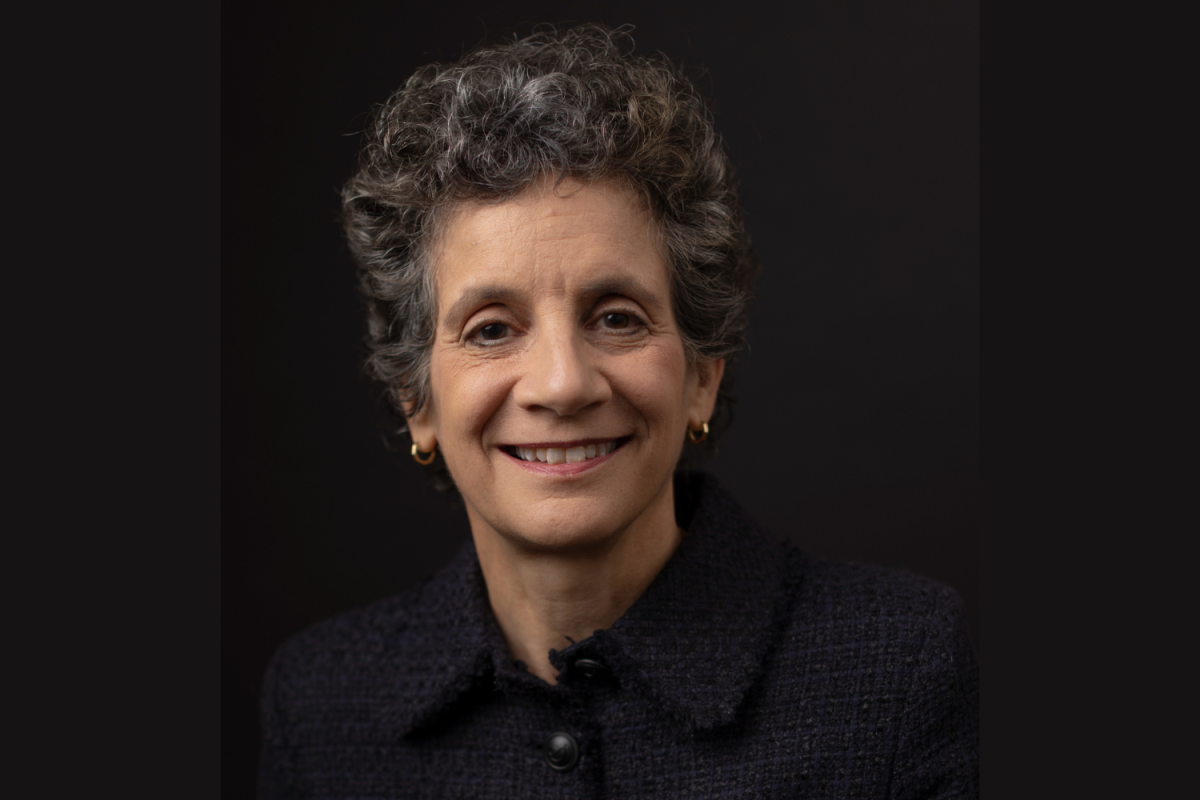After over a decade of leading NYU’s Robert F. Wagner Graduate School of Public Service, Sherry Glied has decided to step down as dean and join the school’s faculty, President Linda Mills and Provost Georgina Dopico announced in a universitywide memo last month. In an interview with WSN, Glied discussed her decision to resign, accomplishments as dean and prospects for the graduate school’s future.
Before taking on the role of Wagner dean in 2013, Glied worked as a health policy scholar for over 20 years, including as chair of Columbia University’s department of health policy and management. She also worked as the assistant secretary for planning and evaluation at the U.S. Department of Health and Human Services from 2010 to 2012, and as a senior economist under former presidents George H.W. Bush and Bill Clinton.
Glied will remain dean of Wagner until the administration hires a successor to take her place.
This interview has been edited for length and clarity.
WSN: What led to your decision to step down as dean?
Glied: I was dean at Wagner for 12 years — that’s a very long time to be dean. The typical tenure of a dean is around two five-year terms. I’ve been dean for a long, long time, and I thought it might be a good time for the school to find somebody else to do this job. It’s a great job, and it’s useful for schools to have fresh blood from time to time. This is a good moment for them — for us.
WSN: What is one of your proudest achievements as dean?
Glied: I’m really proud that we now have a Public Policy undergraduate major that is joint with the Department of History. That’s an extremely unusual configuration — many schools have Public Policy majors, but sometimes they’re joined with Economics or Political Science instead. The program has a lot of undergraduates in it, and they have been phenomenally successful. I’m very proud that we’ve been able to build out that program and increase the engagement at Wagner with the undergraduate NYU community. We’ve also done that by increasing the number of joint degree candidates we have, with our BA-MPA and BA-MUP programs.
Beyond extending programming to undergraduates, Glied also focused on expanding Wagner’s partnerships with other NYU graduate schools and campuses. Wagner and the School of Law introduced a joint one-year graduate program in health law in 2021. In 2017, both schools established the NYU Impact Investment Fund along with the Stern School of Business and NYU Abu Dhabi to guide students investing in social enterprises. Wagner also partnered with the NYU Grossman School of Medicine to create a lab for researching New York’s Medicaid program.
Glied, who raised nearly $86 million for the graduate school during her tenure, credited a $25 million endowment from Bloomberg Philanthropies with helping Wagner expand its academic opportunities for undergraduate students. The organization, which donates profits from the software company Bloomberg LP to areas such as education and public health, granted Wagner the endowment in 2021 to fund two types of full-tuition scholarships for students to complete either a Master of Public Administration or Master of Urban Planning.
Throughout her career, Glied has authored research in health and mental health care policy, including books on health economics and how health care reform proposals fall short. She told WSN that there are several research projects she hopes to pursue once she resumes working directly with students as a faculty member.
WSN: What are you interested in researching once you step out of your administrative role?
Glied: I’m interested in mental health policy, which is an area that I’ve done a lot of work in over time. The contours of mental health policy have been fading over time, so I’m really excited about revisiting where that whole area is at. Second, I’ve gotten really interested in research about how public policies and programs work, and how that research can be made more useful to enter into the policy process. How can we learn more about how the government and programs can or should work? I’m looking forward to getting the kids to research that.
Glied also emphasized the importance of Wagner’s recent relocation to a new building near Union Square, dedicated solely to the graduate school’s classrooms and faculty offices. She said that she hopes that there are more events tailored to undergraduate students once the building’s event space opens in March, so that community members can “hear what’s happening in the world and engage with it.”
WSN: What do you see for the future of Wagner and public service education as a whole?
Glied: Wagner is an old school. We’ve been around for over 80 years, and during that time, governments have come and governments have gone, and many changes have happened in public service. Wagner has seen a lot, and we’ll probably see a lot more in the next few years. I don’t think that the need for public service is going to diminish over time — if anything, it’s going to increase. While the present federal government has a lot of animosity towards the federal civil service, that is probably not a permanent situation. We need to be thinking about how we can efficiently and equitably and fairly deliver public service, and that’s what we’ll keep doing.
Contact Lekhya Kantheti at [email protected].


























































































































































